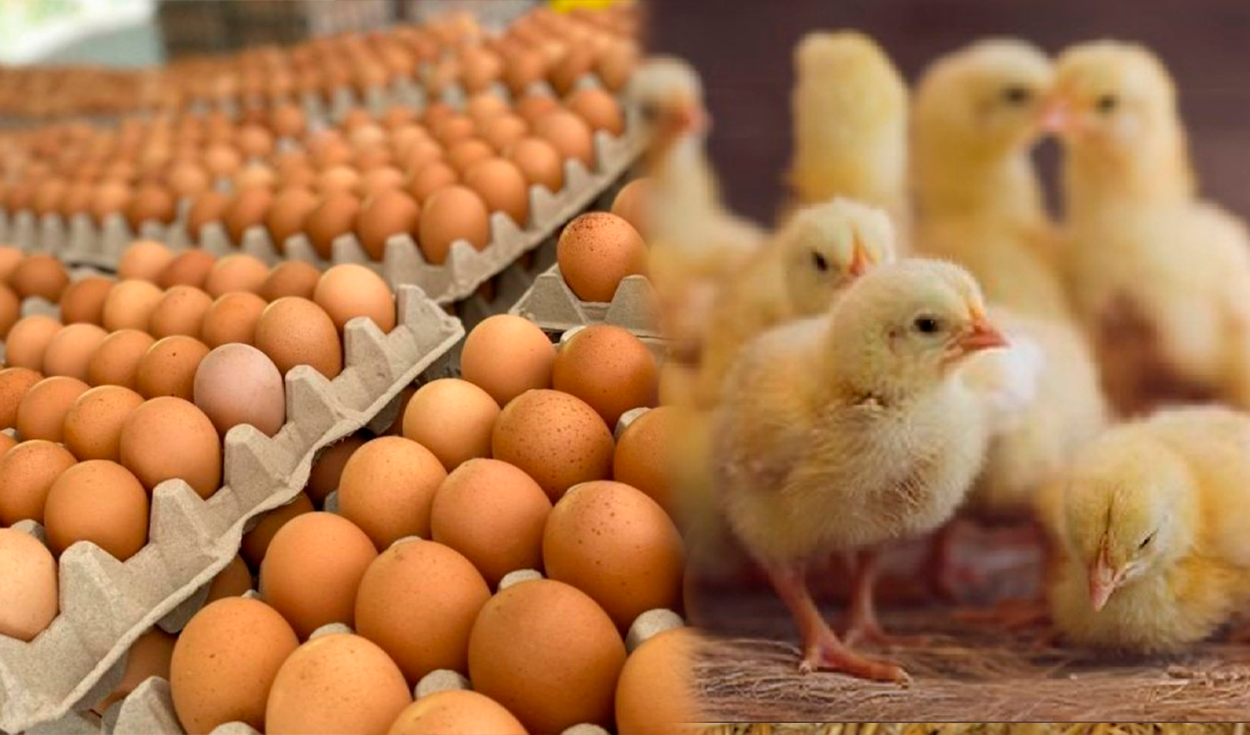
The Ministry of Agrarian Development and Irrigation (Midagri) has approved the health requirements for the importation of fertile chicken eggs and newborn chicks from Brazil, and also authorized the issuance of the corresponding health import permits.
These measures are detailed in Directorial Resolution No. 0010-2023-MIDAGRI-SENASA-DSA, which was published today in El Peruano. This resolution establishes a series of conditions that must be met so that fertile chicks and eggs can enter the national market.
Among the specified conditions is the obligation for the establishments of origin to be registered by the Ministry of Agriculture, Livestock and Supply (Mapa) of Brazil, and to be authorized by the National Agrarian Health Service (Senasa) of Peru.
Furthermore, it is emphasized that the farm of origin must have been free of clinical signs of Avian Tuberculosis for the last six months. The hatchery is also required to be inspected at least every six months by the Official Veterinary Service of the Federative Republic of Brazil.
Another important point is that it must be ensured that, in the last 60 days prior to the shipment of the fertile eggs and chicks, both the establishment of origin and an area of 3 km around it have not been under quarantine or movement restrictions due to the occurrence of notifiable diseases that affect the species.
Likewise, the rule establishes that the parents that gave rise to the fertile eggs or chicks must not have been vaccinated against avian influenza. Additionally, they are required to come from farms and hatcheries that have not recorded Newcastle disease for at least 30 days prior to the egg collection process and during the process from collection to shipment.
Finally, it is highlighted that fertile eggs must come from parents vaccinated against Newcastle disease, in accordance with the vaccination program of the Federative Republic of Brazil, including detailed information on the vaccine used, the strain, the producing laboratory, the type of vaccine, route of application and date of vaccination.
In addition, it is necessary to take into account that the importation of feed, concentrates or bedding accompanying birds and eggs will not be allowed, with the exception of moisturizing gel. Newborn chicks must be accompanied by the vaccination program record of the farm of origin and will be subject to a period of at least 15 days of quarantine in facilities authorized by Senasa.
Source: Larepublica
Alia is a professional author and journalist, working at 247 news agency. She writes on various topics from economy news to general interest pieces, providing readers with relevant and informative content. With years of experience, she brings a unique perspective and in-depth analysis to her work.












